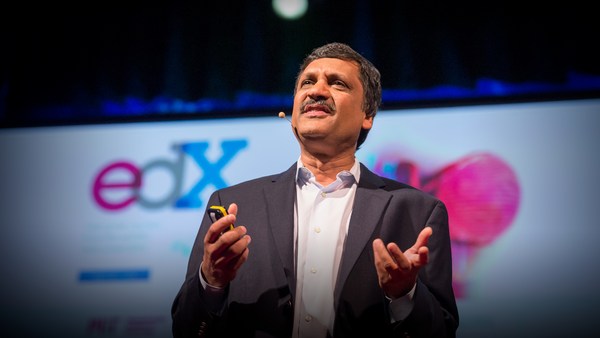No subtitle found
Related talks
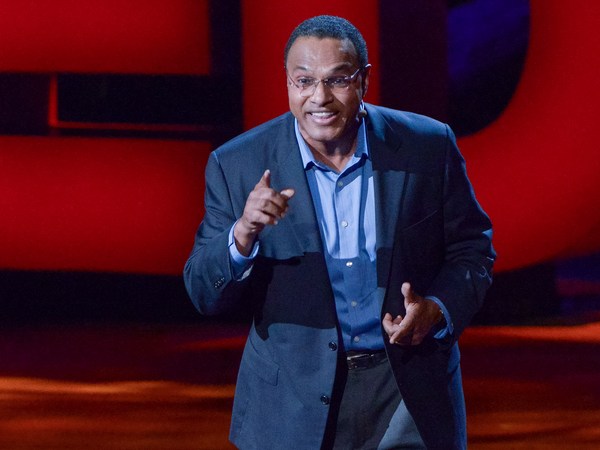
Freeman Hrabowski: 4 pillars of college success in science
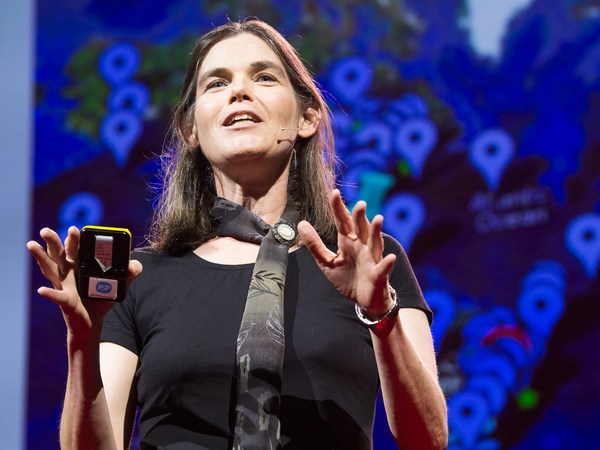
Daphne Koller: What we're learning from online education
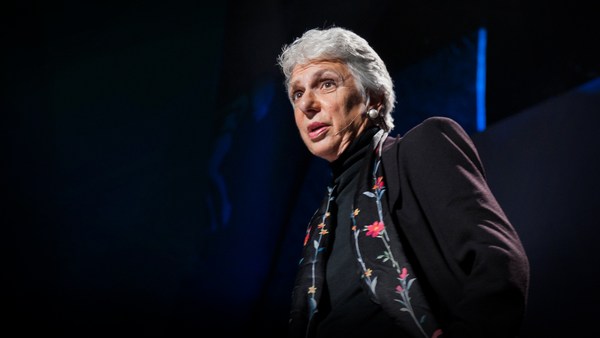
Liz Coleman: A call to reinvent liberal arts education
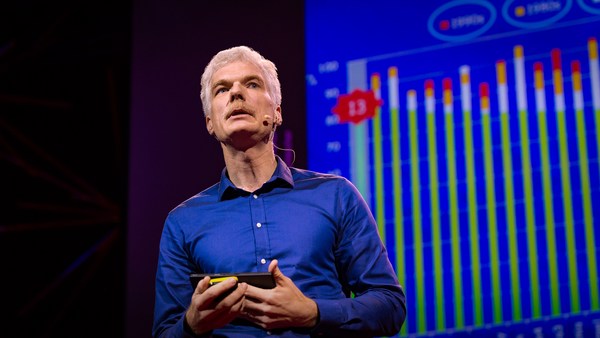
Andreas Schleicher: Use data to build better schools
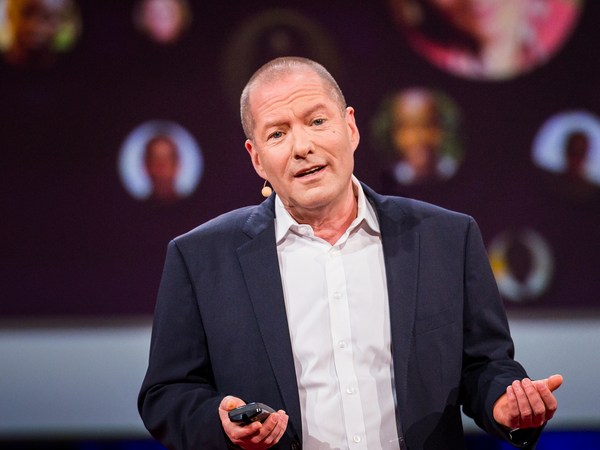
Shai Reshef: An ultra-low-cost college degree
